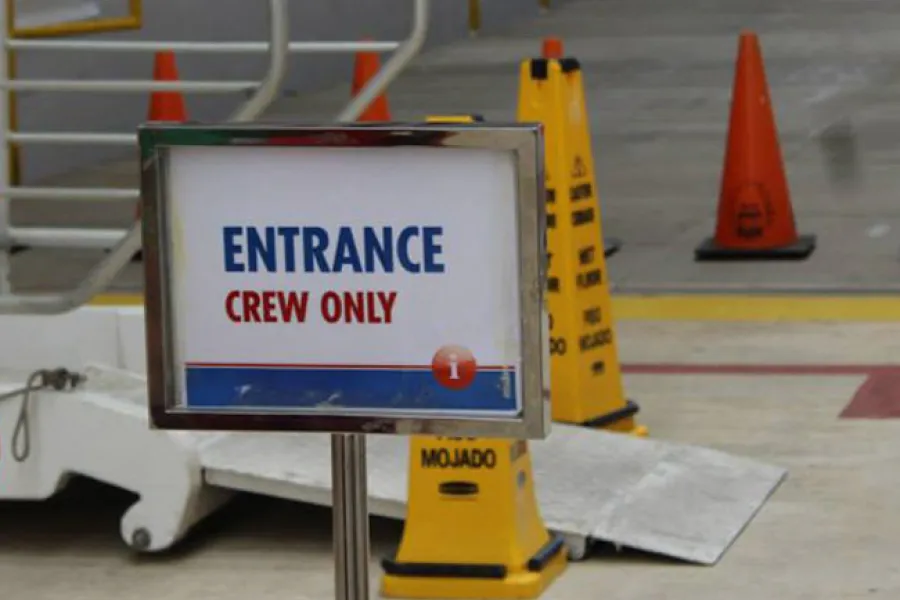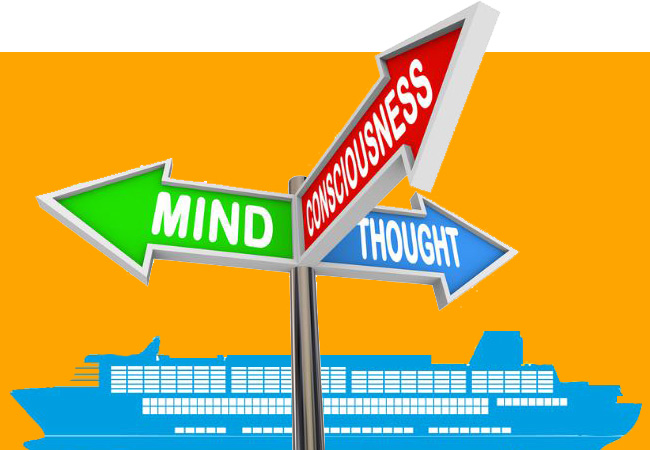
In response to growing concerns about mental health on cruise ships, there have been several recent additions to the small body of research on seafarers' mental well-being, which has sought to examine the prevalence of mental health issues among seafarers, review the support that exists and offer recommendations on how to protect the mental health of seafarers. However, there are still significant gaps in knowledge about the rates of suicide at sea as most Maritime Administrations do not collect data on suicide rates and because suicides can be misreported.
Maritime charities, unions, and private companies have developed training and outreach programs to improve seafarers' mental health. For example, some agencies expanded mental health awareness training, which is adaptable for all seafarer ranks and shoreside staff who support seafarers. This accompanies the organization's Good Mental Health self-help resources for seafarers to learn coping strategies for managing their mental health while away at sea.
Anecdotally, there has been an increase in the number of shipping companies providing their seafarers with confidential helplines which offer emotional support and counseling. In recent years, existing helplines such as SeafarerHelp have been focusing marketing efforts on raising awareness of their support in this area. New counseling helplines have been set up by unions representing many seafarers, such as NUSI.

There has been some work within national authorities and trade associations to pay attention to seafarers' mental health. The UK Government Maritime 2050 People route map commits to producing mental healthcare guidelines and developing standardized training for seafarers.
Why do we require mental health support services for seafarers?
Seafarers go months without seeing their families and friends, often needing more means to contact them as much as they'd like due to low connectivity on board. Fast turnaround times in port and long working hours can mean there is little opportunity for adequate rest and time to participate in leisure activities, which are essential for good wellbeing. Multicultural crews and living in close quarters with colleagues who may have little in common can leave seafarers feeling isolated. As well as this, the effects of bullying and harassment can be far more significant in a ship environment where there is no escape from the perpetrator. Working at sea can be dangerous, and anxieties about crises at sea can take their toll on seafarers.

Adequate training in mental health awareness for seafarers and shore-based maritime professionals working with seafarers can positively impact seafarers' mental wellbeing and help ensure they are well-prepared for some of the challenges presented above. Training that increases understanding of mental health will also help to reduce stigma significantly. If mental health is no longer taboo, seafarers will be more comfortable seeking help or discussing their problems with their supervisor or a colleague. Training can also be beneficial in helping seafarers to recognize that a crewmate may be struggling and provide them with the skills and confidence to start a conversation. Likewise, it can equip seafarers and senior staff with the skills to respond effectively to concerns on board or within their company. Training can also successfully teach participants about self-care and looking after their mental health during a voyage.
Counseling and emotional support services should also be available to seafarers; these services can be the difference between life and death for seafarers experiencing suicidal thoughts. They can also help seafarers to find ways to cope with life on board, which may not have been possible without accessible support, and that can mean the difference between a happy, productive worker and a complex repatriation. The risks of severe trauma, such as serious injury, also make counseling and support services essential to seafarers. Port-based welfare services providing face-to-face support, such as those offered by the Mission to Seafarers, Stella Maris, and Sailors' Society, are necessary for the same reasons.
What do we need to do for future generations?
Moving forward, there needs to be a unified approach that protects seafarers' mental health at the government, organizational, and individual levels.
With guidance from government bodies, employers should be encouraged to develop clear policies and procedures that protect the mental health of their seafarers and ensure that shore-based staff has a deep understanding of how to support their colleagues. This should also focus on the onboard environment to ensure it is conducive to good mental health. For example, they provide adequate facilities and opportunities for socializing and time away from work duties. As well as this, policies should help create a culture where proper rest times are observed. Shipping companies should also be encouraged to note essential research findings showing the benefits that improved connectivity on board can have on seafarers' well-being.

There is increasing evidence for the links between diversity and inclusion in the workplace and the well-being of employees. This is likely to extend to the shipboard environment; ship owners can have a role in working towards an equal gender balance on board ships, which can positively impact both men and women on board. Focusing on training and encouraging seafarers to celebrate the cultural diversity of everyone on board can make a difference too.
Further research into seafarers' mental health, its connection to working conditions, and the prevalence of suicide would continue to benefit the industry's response to this issue.
Government bodies have an essential role in reducing the stigma and myths attached to mental health in broader society so that new generations of seafarer recruits will be more open and understanding of mental health issues. Governments can also work to ensure cadets receive practical training on building resilience and mental health awareness to prepare them for life at sea adequately.
In developing policies and procedures on mental health, governments and companies must put protections in place for seafarers who suffer from mental ill health so that they can return to work when they are well and not discriminated against.
Cruise ship companies need to do more when it comes to this important matter. Mental health must be taken seriously, and companies must pay attention to that aspect of the crew members' life on board because that is an essential part of running a sustainable business operation.
Crew Insights
Articles and experiences shared by crew members working on cruise ship. Find out more about ship life at sea together with tips and advices for first time crew members and cruise oldtimers.












